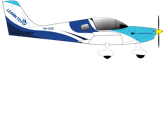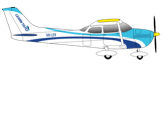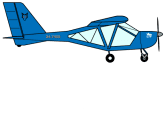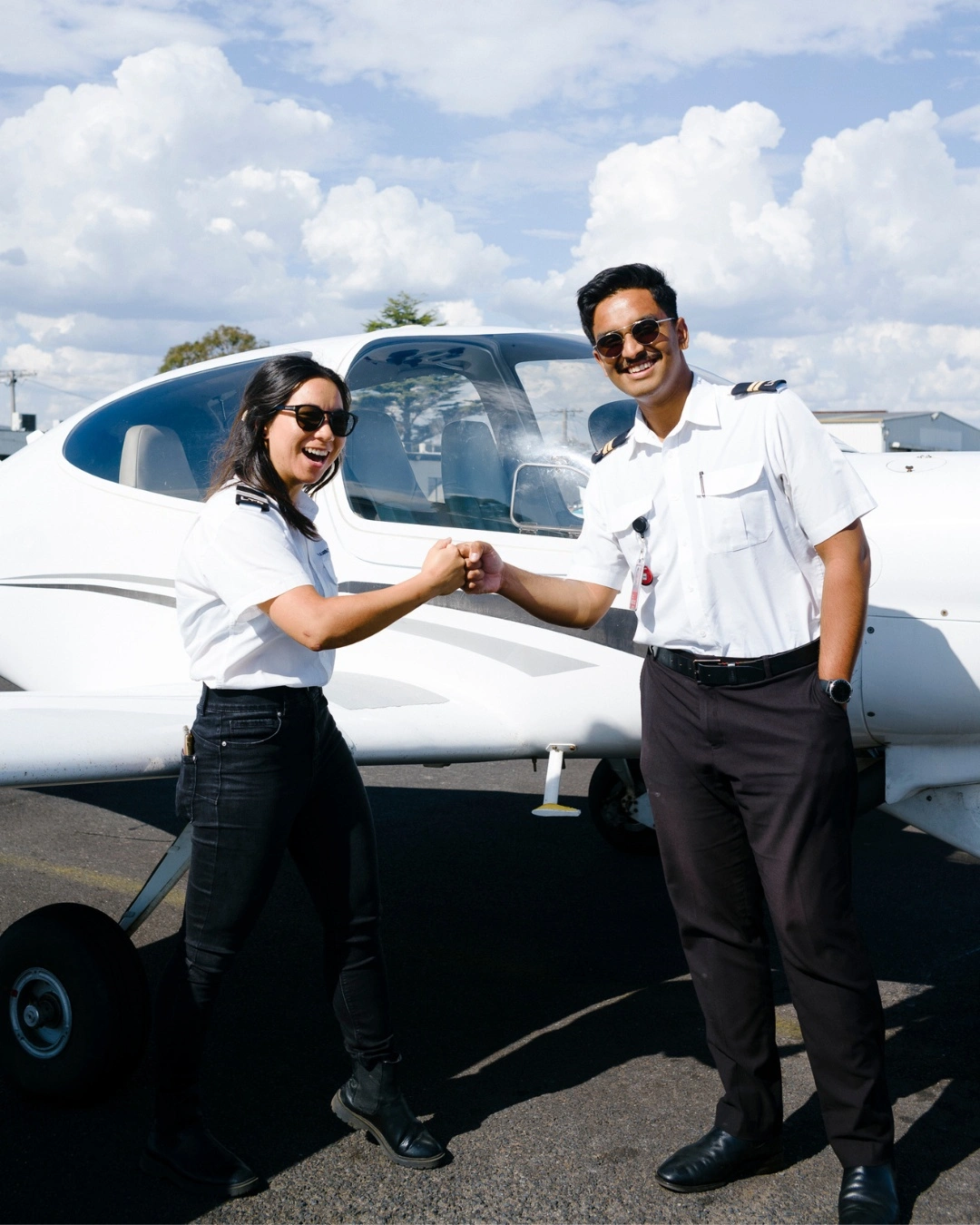
February 28, 2024
Choosing the Right Pilot Course for You
In the Australian aviation industry, airlines like Qantas place emphasis on practical flying experience and the possession of relevant pilot licenses, rather than academic qualifications such as a bachelor’s degree.
For those aspiring to become pilots, focusing on achieving the Commercial Pilot Licence (CPL) through the Diploma of Aviation (Commercial Pilot Licence – Aeroplane) and obtaining the Multi-Engine Command Instrument Rating (MECIR) through the Diploma of Aviation (Instrument Rating) are key steps. These qualifications are essential for applying to airlines. This career path enables individuals to gain employment in aviation, accrue the required flying hours, and pursue opportunities for progression within airline companies.
With numerous schools offering diploma programs in aviation, selecting the right one can be challenging. It’s essential to consider factors like the quality of training, the types of aircraft used, the success rate of graduates, and the school’s reputation in the industry. Researching and comparing these aspects will help you find a program that aligns with your career goals and learning preferences. It’s also beneficial to seek feedback from current students or alumni to gain insights into their experiences. Ultimately, the right school should not only offer comprehensive training but also support your journey towards becoming a skilled pilot.
VET Student Loans (VSL)
For Australian students, evaluating aviation diploma programs involves considering the availability of VET Student Loans (VSL). These loans offer upfront coverage of tuition fees, benefiting students who face financial challenges. However, it’s crucial to remember that these loans incur a 20% fee and do not cover additional costs, such as fees for retaking failed lessons or flight tests. Despite these limitations, VSL remains a valuable option for aspiring pilots, helping to make pilot training more accessible and manageable financially.
Training Syllabus and Training Aircraft
Another important aspect to consider in aviation diploma programs is the training aircraft and training syllabus. Each flight school follows its own Commercial Pilot Licence (CPL) syllabus, and there may be differences in whether they include Recreational Pilot Licence (RPL) or Private Pilot Licence (PPL) flight tests. Understanding the specifics of a school’s syllabus is vital to ensure it matches your learning goals.
Additionally, researching the type of aircraft used for training is crucial. If two schools offer similar CPL or Instrument Rating diploma programs at comparable prices, opting for one with newer aircraft featuring modern avionics could provide a better training experience.
Graduates Employment Success Rate
An important consideration in choosing an aviation school is the employment success rate of its graduates. Securing that first pilot job is crucial for building a career, especially after investing significant time and money into training. Research the job placement rate of schools you’re considering. This can involve speaking with current students, attending open days, or looking up graduate success stories. Schools with good reputations often have higher job placement rates, as their quality of training is well-regarded in the industry. This reputation can enhance your prospects of being perceived as a well-trained pilot by potential employers.
Post-Graduation Support
Finally, Effective post-graduation support from aviation schools can significantly enhance your job prospects. Schools that offer seminars on the aviation industry’s current landscape, detailing what airlines seek in pilots and how to gain sufficient flying experience, can provide a tailored career pathway. Additionally, some schools go a step further by providing interview training. This prepares you for airline interviews, equipping you with insights into what airlines look for in candidates and how to present yourself as the ideal choice for them effectively. This support can be a pivotal factor in your aviation career success.
Embarking on an aviation career in Australia involves a careful evaluation of various factors. Prospective pilots must consider practical flying experience and the necessary pilot licenses over academic degrees. Choosing the right aviation school is crucial, with factors like VSL availability, training syllabus, aircraft quality, and the school’s reputation playing pivotal roles. The employment success rate of graduates and post-graduation support offered by the school can significantly influence career prospects. Each element contributes to a well-rounded and successful entry into the aviation industry, making an informed decision essential for aspiring pilots.
What Else Should I Know?
We’ve compiled a few useful posts that might help you out. Wherever you are on your aviation journey, the team at Learn To Fly Melbourne are here to help. We want you to pass your exams and have an excellent career, so please reach out if we can help support you through your course and studies!
Aspiring Career Pilots – Here’s Why You Need a Diploma of Aviation
With so many different types of aviation qualifications out there, which one should you choose? And which Melbourne flight school do you approach? These can be tricky questions to answer, so let us help you out.
Flight Instructor Training Endorsements – All You Need To Know
In this blog, we’ll outline the Flight Instructor Training Endorsements that are available. We’ll also guide you on how each of these endorsements can add value to your role as a Flight Instructor, and your progression as a professional pilot.


